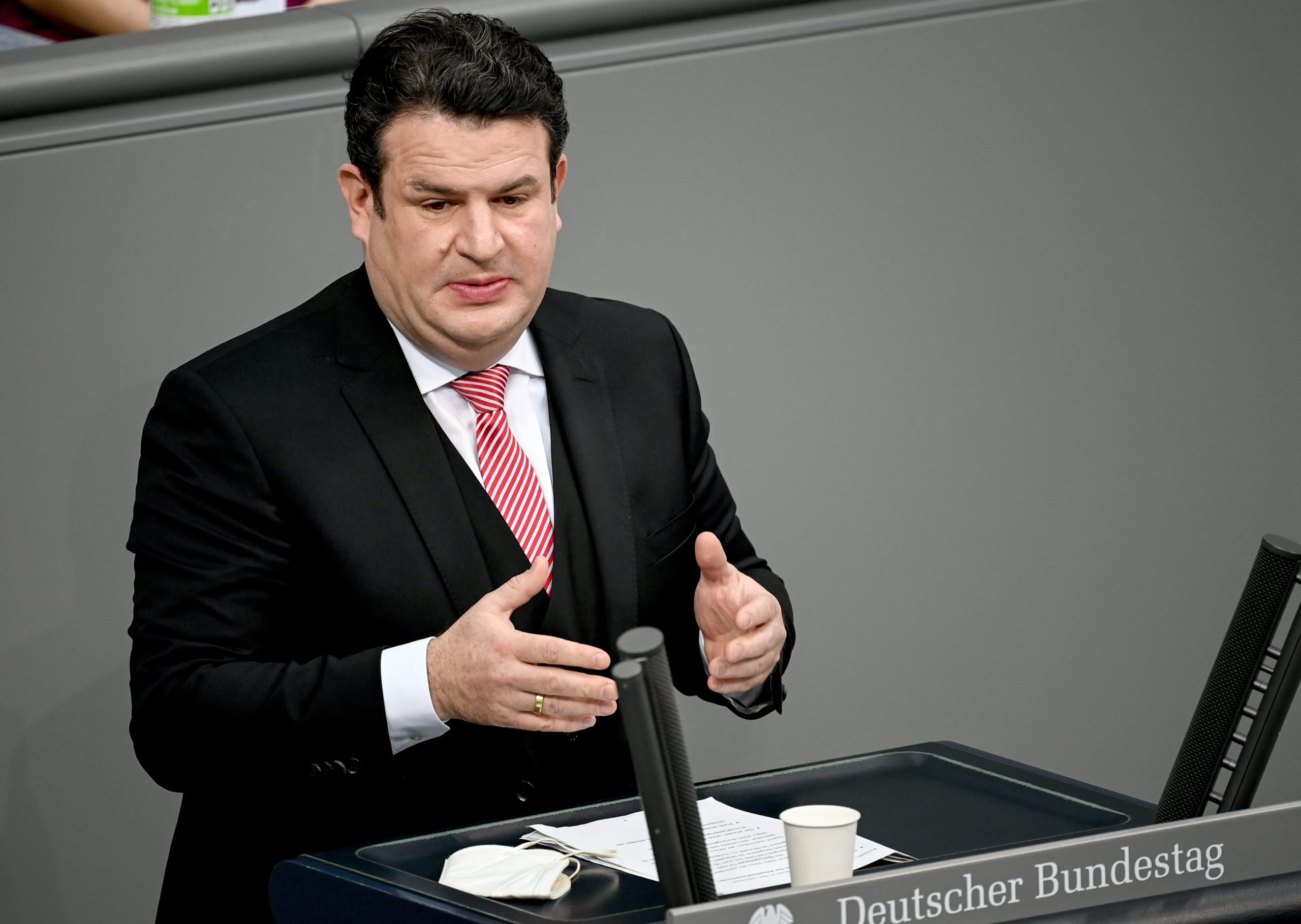Economy ministry state secretary Sven Giegold of the Green party wrote to the EU Commission citing his “great concern” about policy zig-zagging at the troubled social media platform.
In the letter Giegold also posted on Twitter, he said the Commission should carry out the necessary reviews as soon as possible to declare Twitter a “gatekeeper” under the bloc’s new Digital Markets Act.
The designation subjects companies with a dominant market position to particular scrutiny.
READ ALSO: Germany warns on media freedom after Twitter halts reporter accounts
He also called for the complementary Digital Services Act, which comes into force in February 2024, to prevent “capricious deplatforming” of users.
The DSA was designed to combat online hate speech, disinformation and piracy in Europe at a time when much of the internet content seen by EU citizens is controlled by US-based companies.
Giegold cited his concerns about “Twitter’s platform rules and their abrupt changes and arbitrary application” in the letter to Commission Executive Vice President Margrethe Vestager and Internal Market Commissioner Thierry Breton.
“The EU should use all the possibilities at its disposal to protect competition and freedom of speech on digital platforms,” he said.
The eight weeks that Musk has officially owned Twitter have been riven by chaos, with mass layoffs, the return of banned accounts and the suspension of journalists critical of the South African-born billionaire.
Musk’s takeover also saw a surge in racist or hateful tweets, drawing in scrutiny from regulators and chasing away big advertisers, Twitter’s main source of revenue.
Giegold said banning journalists’ accounts and restricting links to rivals “threaten not only free competition but also pose a risk for democracy as well as freedom of speech, information and the press”.




 Please whitelist us to continue reading.
Please whitelist us to continue reading.
Member comments